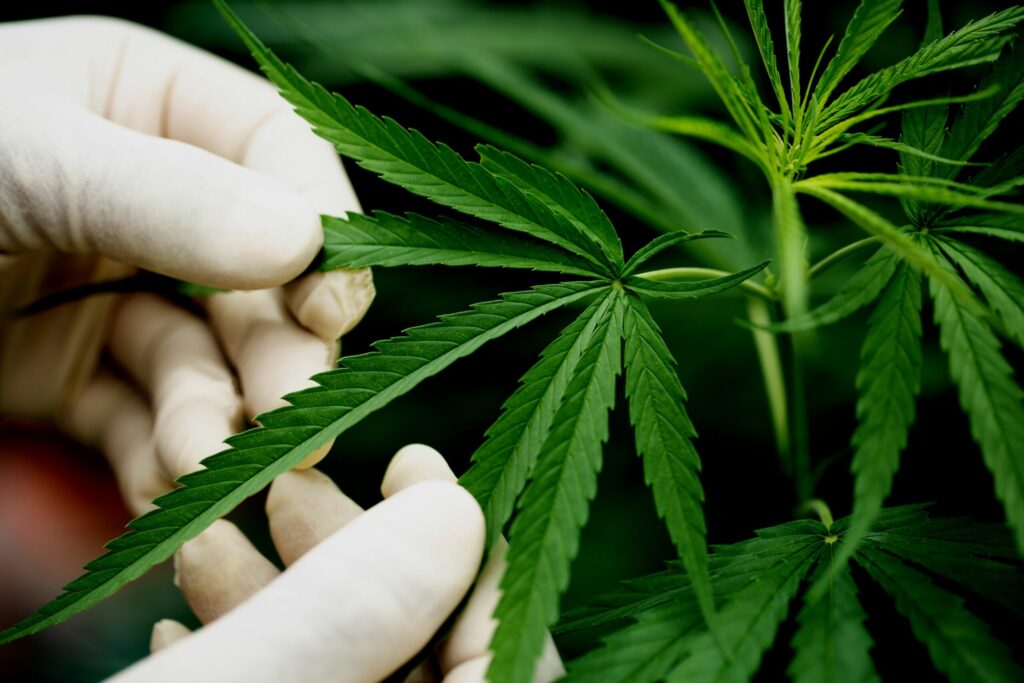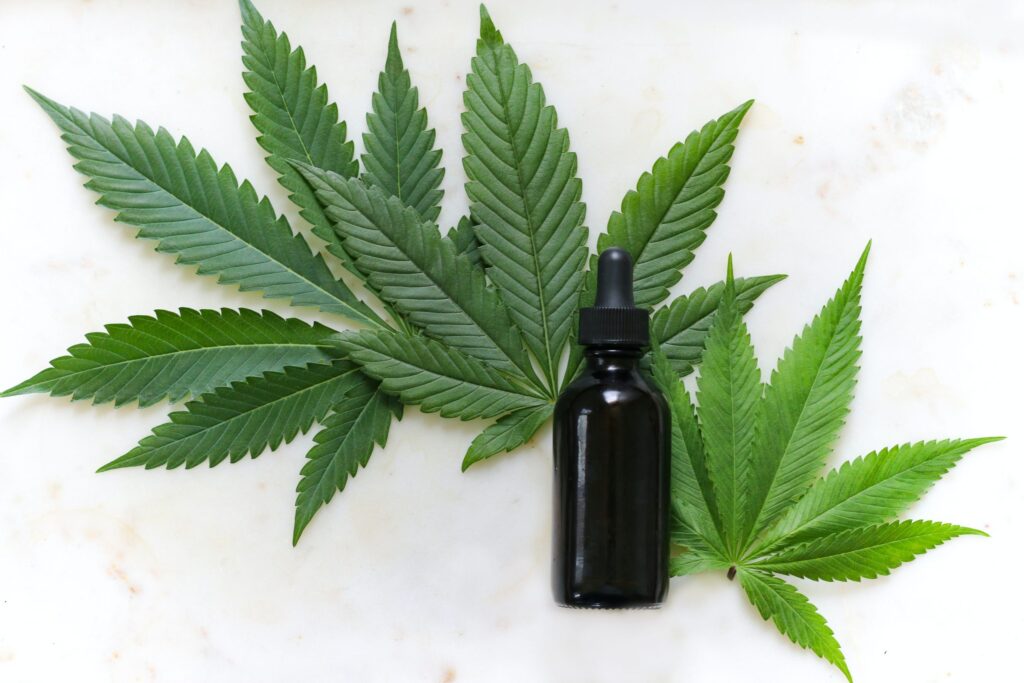
In recent years, the conversation surrounding cannabis has shifted dramatically. Once regarded solely as a recreational substance, cannabis is now being reevaluated for its potential therapeutic benefits, particularly in the field of mental health. This shift in perception has been fueled by evolving legislation, increasing public interest, and a growing body of scientific research.
This article delves into the complex relationship between cannabis and mental health, exploring both the potential benefits and the risks associated with its use.
Table of Contents
Historical Context of Cannabis in Medicine
The use of cannabis in medicine dates back centuries, with its roots in various global cultures. Historically, it was not merely a recreational substance but a medicinal herb valued for its therapeutic properties. Ancient civilizations spanning different continents documented its efficacy in treating various conditions, from physical pain to mental health issues.
Yet, it was in the 20th century that the narrative around cannabis shifted dramatically. Increasing legal restrictions emerged, significantly impeding both its medical application and the advancement of research into its potential health benefits.
The Science of Cannabis: Understanding Cannabinoids

Source: rockymountainhigh.co
The primary active compounds in cannabis are cannabinoids, with THC (tetrahydrocannabinol) and CBD (cannabidiol) being the most well-known. THC is primarily responsible for the ‘high’ associated with cannabis use, while CBD is non-psychoactive and is often highlighted for its potential therapeutic effects.
The human body’s endocannabinoid system interacts with these compounds, affecting various physiological processes, including mood regulation.
Cannabis and Mental Health: The Potential Benefits
Emerging research suggests that cannabis may offer benefits for various mental health conditions. This includes alleviating symptoms of depression, anxiety, PTSD, and even potentially playing a role in neurogenesis. However, these benefits are not universally experienced and may depend significantly on the individual, the type of cannabis used, and the consumption method.
For those considering cannabis as a treatment option for mental health issues, it’s crucial to undergo a thorough evaluation by a healthcare professional. This is where obtaining a medical marijuana card becomes vital. If you need cannabis treatment, it’s essential to get your medical marijuana card to ensure safe and regulated access to cannabis tailored to your specific health needs.
Risks and Considerations in Cannabis Use

Source: wolterskluwer.com
The therapeutic use of cannabis, particularly in mental health, entails various risks and considerations. Key among these is the potential for dependency, especially with prolonged or heavy use. Certain individuals may also experience worsening symptoms, raising concerns about its suitability for all patients.
Of particular note is the impact on the developing brains of adolescents, where cannabis use can have long-lasting effects. Individuals must engage in a balanced discussion about these risks and benefits with healthcare professionals, ensuring informed decision-making in their treatment.
Legal and Ethical Implications
Navigating the legal and ethical terrain of medical cannabis use is complex and ever-changing. In numerous jurisdictions, the use of medical marijuana is legal and subject to regulation, reflecting a shift toward recognizing its medicinal value. However, the issue remains polarizing, with ongoing debates about its safety, therapeutic efficacy, and ethical considerations.
This evolving legal framework necessitates continuous monitoring and adaptation, as it shapes both the availability of cannabis for medical purposes and the research opportunities in this field.
Cannabis as an Adjunct to Traditional Therapies

Source: wholisticmedicalcentre.com.au
In mental health care, cannabis is increasingly viewed as a complementary treatment rather than a standalone solution. It is often used with traditional treatment modalities, such as cannabis-assisted psychotherapy, pharmacotherapy, and lifestyle modifications.
This integrative approach allows for a more holistic treatment plan, potentially enhancing the overall efficacy and patient outcomes. The goal is to leverage the benefits of cannabis while mitigating risks, guided by ongoing research and clinical insights.
Patient Perspectives and Personalized Treatment
The efficacy of cannabis in mental health treatment is highly individualized, as evidenced by diverse patient experiences. While some patients report significant alleviation of symptoms, others may encounter minimal benefits or adverse effects. This variability highlights the necessity for personalized treatment strategies tailored to each patient’s unique needs and responses.
Healthcare professionals play a crucial role in this process, providing close monitoring and adjustments to treatment plans, ensuring both the safety and effectiveness of cannabis use in mental health care.
Future Directions in Research and Policy

Source: globalcannabiscompliance.bakermckenzie.com
Future research in the field of cannabis and mental health is pivotal for a deeper understanding and more practical application. Key areas of focus include:
- Conducting long-term studies.
- Investigating various cannabis strains and preparations.
- Understanding individual responses to different dosages and formulations.
This research will inform clinical guidelines and policy developments, crucial for optimizing the therapeutic use of cannabis.
Additionally, evolving policies will continue to shape the accessibility and regulation of cannabis, underscoring the need for ongoing dialogue between researchers, clinicians, policymakers, and patients.
Conclusion
The role of cannabis in mental health is a complex and evolving topic. While it presents potential benefits, it also comes with risks and considerations that must be carefully weighed. As research progresses and societal attitudes shift, cannabis may become a more prominent part of mental health treatment, complementing traditional therapies and offering new hope for those struggling with mental health conditions.







